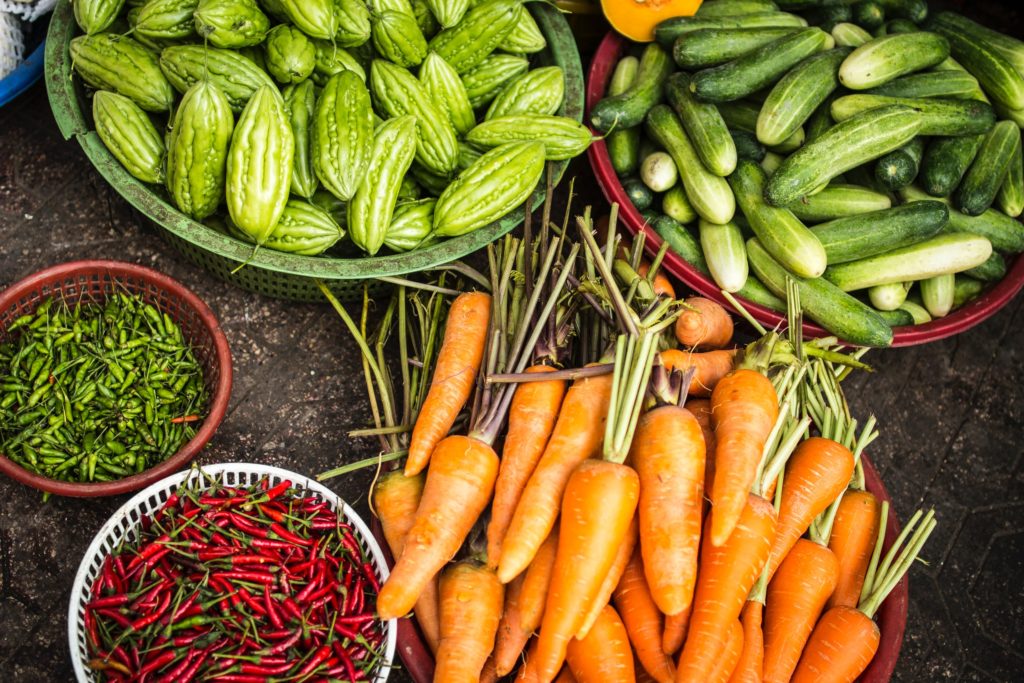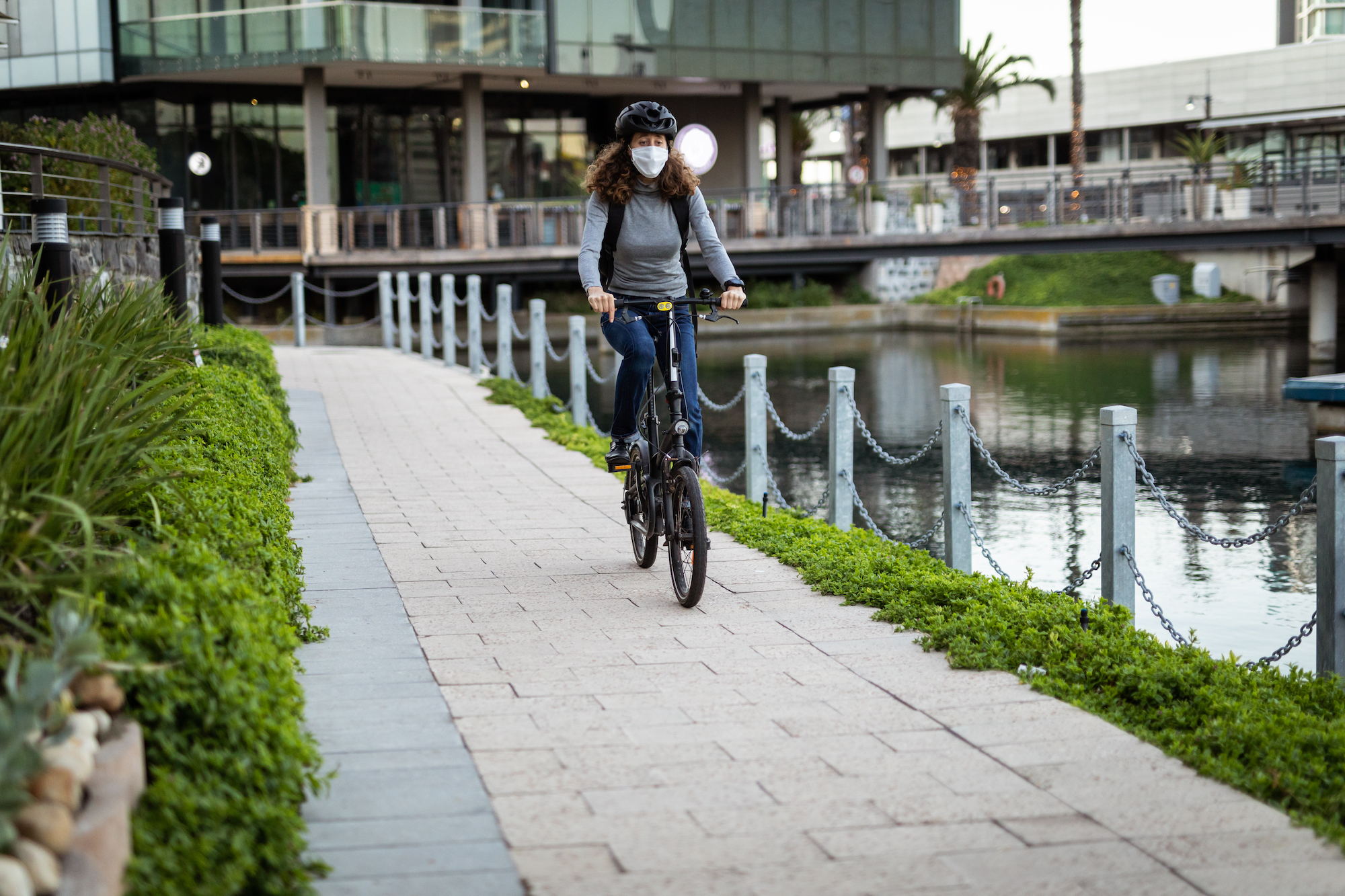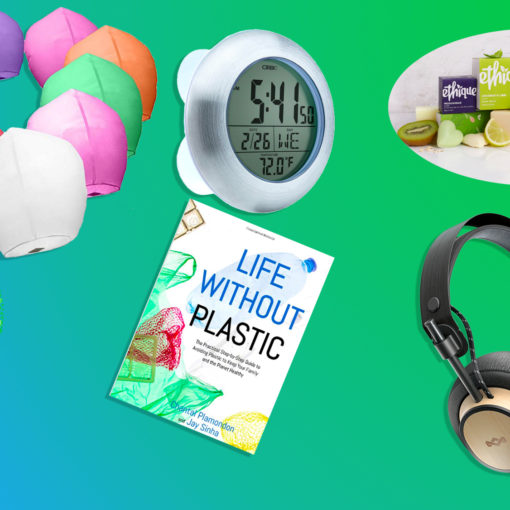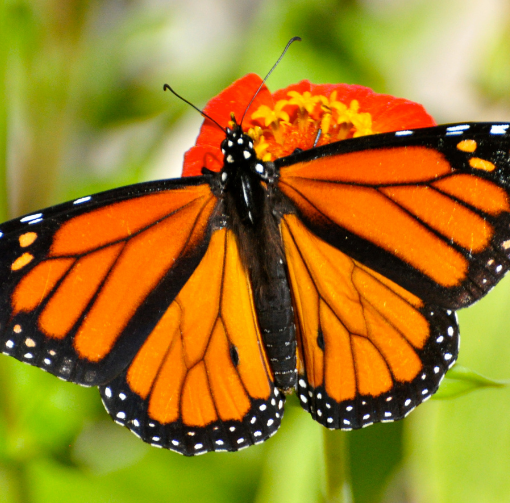Share This Article
The rapid spread of the coronavirus (COVID-19) has caused a devastating ripple throughout the world, shaking up our daily lives while echoing the importance of sustainability. As city after city enforces a lockdown in order to contain and hopefully stop the spreading of the virus, a new era of sustainability is beginning to unfold. China has seen a dramatic decrease in pollution due to less commuting and manufacturing. In Venice, Italy, the canals previously filled with cruise ships, dirt and debris now boast clear waters. So what can we learn and gain from this pandemic that will hopefully lead to a more sustainable lifestyle when the dust settles?
Pandemics Can Be Avoided… If We Respect The Environment
As the human population continues to grow and evolve, more of the earth’s resources are altered and disturbed, increasing viral exchanges, many times through animals to the human population, like the one we’re living through today. From wildlife trade for food to the destruction of tropical forests and melting of arctic ice caps due to climate change, manipulating the earth’s natural resources has fatal consequences.
David Quammen, author of “Spillover: Animal Infections and the Next Human Pandemic” stated in the NY Times, “We invade tropical forests and other wild landscapes, which harbor so many species of animals and plants — and within those creatures, so many unknown viruses. We cut the trees; we kill the animals or cage them and send them to markets. We disrupt ecosystems, and we shake viruses loose from their natural hosts. When that happens, they need a new host. Often, we are it.”
What can we learn from this? The Coronavirus is just one of many pandemics that have and will result from our mistreatment and disregard for the earth’s natural resources and ecosystems. Committing to sustainable practices that preserve those habitats will benefit us and the earth in the long run.
Sustainability Means Better Health
The New York State Department of Transportation recently conducted a study which indicated that there has been an increase in cyclists over New York City bridges, as news of the coronavirus started to spread this month. This suggests that people who are able to commute by bicycle are increasingly choosing this mode of transportation over others while the outbreak spreads, leading to lower gas emissions and better health practices.
Good habits should be maintained wherever we are. Since the beginning Wayaj has integrated local transportation into its rating system. The availability of bikes and other low emission vehicles in proximity of the hotel, especially in densely populated urban areas, allows guests to make an easy choice that benefits them and the communities they are visiting.
Telecommuting Can Become The New Normal
The pandemic has shown us that many of our jobs can be fulfilled without leaving our homes. With lockdowns taking place all over the world and businesses closing or reducing their hours, many companies have resolved for employees to work from home. We’ve also seen many large-scale, in-person business summits have shifted to online conferences, allowing people to “attend” virtually. This is great news for sustainability. With a massive decrease in the amount of people traveling to and from work, whether by car or public transportation, we’ve seen sharp reductions in greenhouse gas emissions and pollution, especially in Italy and China. Telecommuting has created a simple, affordable and sustainable way for many businesses to operate.
 So far digital nomads (that is people who work in remote locations thanks to digital technologies) have been a tiny brave minority, but could it become THE way of working in the future? Wealth would be more distributed around the world as these workers usually stay longer within a community, higher cultural exchange, lower stress, increased productivity,… could this be another win/win situation?
So far digital nomads (that is people who work in remote locations thanks to digital technologies) have been a tiny brave minority, but could it become THE way of working in the future? Wealth would be more distributed around the world as these workers usually stay longer within a community, higher cultural exchange, lower stress, increased productivity,… could this be another win/win situation?
The Benefits of Industries Running on Renewable Non-Fossil Fuels
A study by Carbon Brief found that in China, carbon dioxide emissions have decreased by about 25% since the beginning of shut downs. Altogether, China emitted 600 million tons of CO2 in the past four weeks, which is about 200 million tons less than expected. With airlines cutting flights, manufacturing warehouses closed for business, and declining oil demand, emissions will reduce globally. Marshall Burke, a researcher at Stanford University, calculated that the improvements in air quality in China could have saved the lives of 4,000 children under 5 years old and 73,000 adults over 70. Therefore the decrease in air pollution is saving more people than coronavirus is killing. This case study allows us to see exactly what would happen if these industries ran on renewable non-fossil fuels instead. The benefits are definitely considerable!
A Boost in Local Economies
Our reliance on food industrially-produced outside of our cities has also revealed another area for improvement. The chances of a disease spreading becomes much more likely when food is flown or shipped around the world. The coronavirus revealed that our global economy, and the way we source our food, is far more unpredictable than necessary. As such, a shift to locally sourced food that will instead drive the local economies is what is needed to increase resiliency.

The Perils of Factory Farming
The origins of the coronavirus have shed a light on the crowded, unhygienic and deadly conditions in factory farms. Creating the perfect breeding grounds for highly contagious diseases like the swine flu that was traced back to a pig farm in Veracruz, Mexico. This form of animal cruelty doesn’t only effect the animals but also has deadly consequences for world and those of us living in it. And now that the disease has highlighted the ills of factory farming, we can hope to see a sharp decline in their prevalence around the world.
“If we want to forestall the evolution of ever-newer, and possibly deadlier, human-adapted viruses, live animal markets must be permanently shut down… until factory farms housing millions of animals are eliminated, until we take the inevitable logic of disease evolution into account, novel, and potentially deadly, human diseases will continue to arise. Again. And again. And again,” wrote Wendy Orent, author of “Plague: The Mysterious Past and Terrifying Future of the World’s Most Dangerous Disease.
While life in 2020 continues to slow down around the world, it is time for us to reflect on how we can use this pandemic and learn from it to improve the world. Through our pursuit of survival we can become a more sustainable world by examining our lifestyles and changing our behavior to help the planet and decrease the likelihood of new, unknown viruses plaguing humanity. Coronavirus is showing us how change towards a more sustainable life is possible and within reach, if only there is a will. It is also showing the beauty and strength of life on this planet that is ready for us if we make this choice: blue skies over heavily industrialized cities, dolphins hailing near the coasts. We can change our lifestyle to save the planet, coronavirus is showing us it is possible to change and survive and thrive. It is just a matter of choice.





